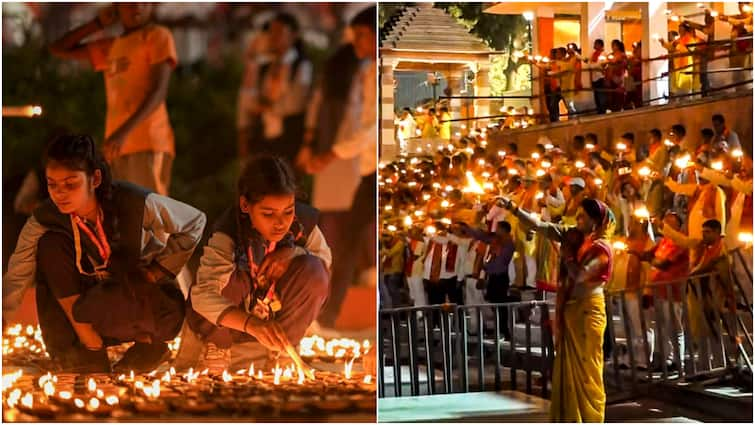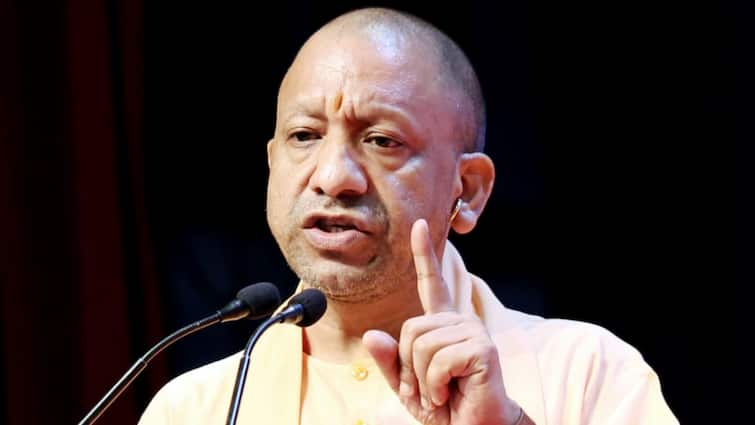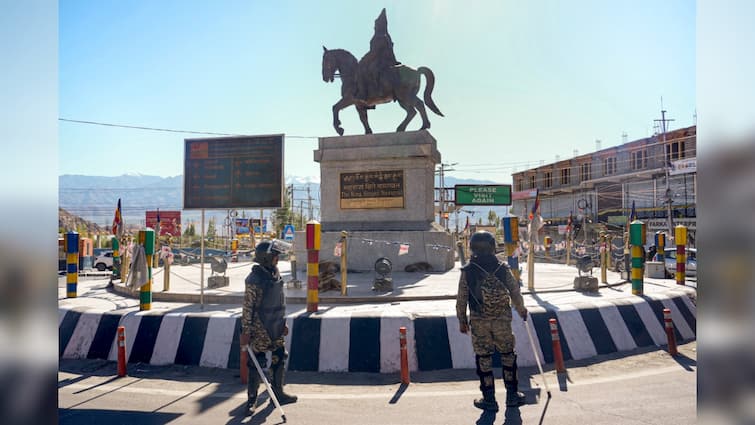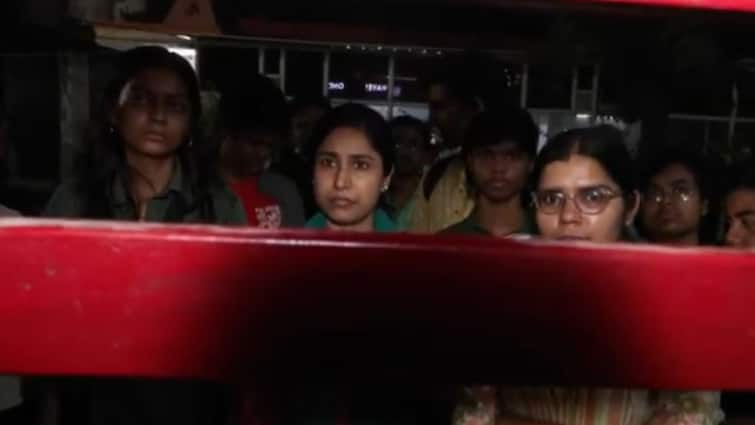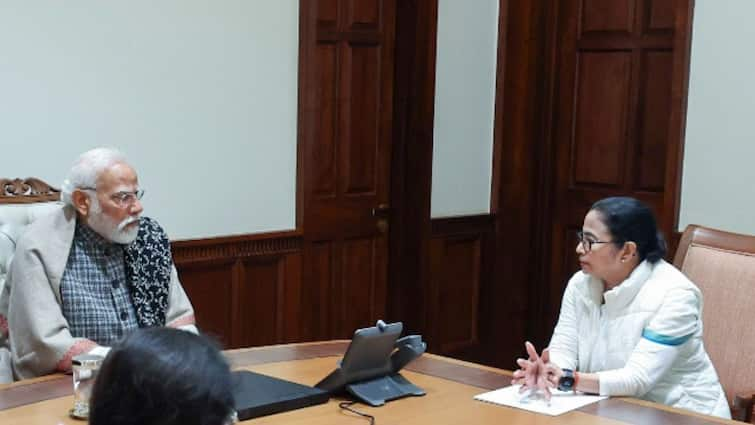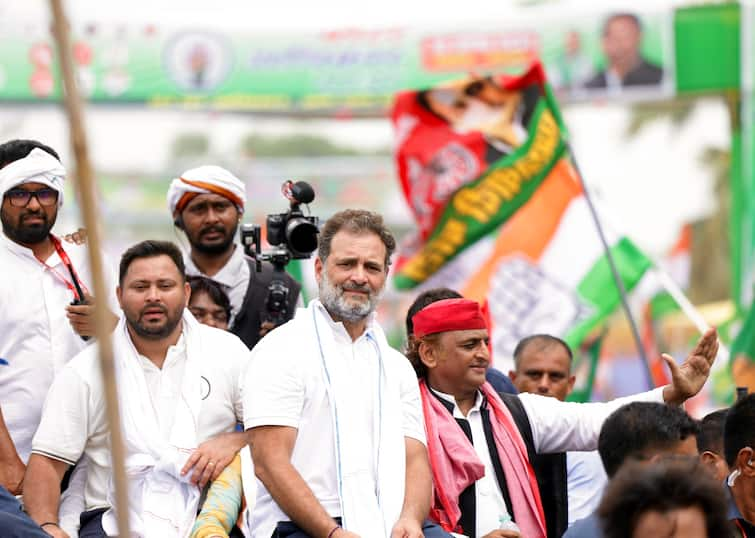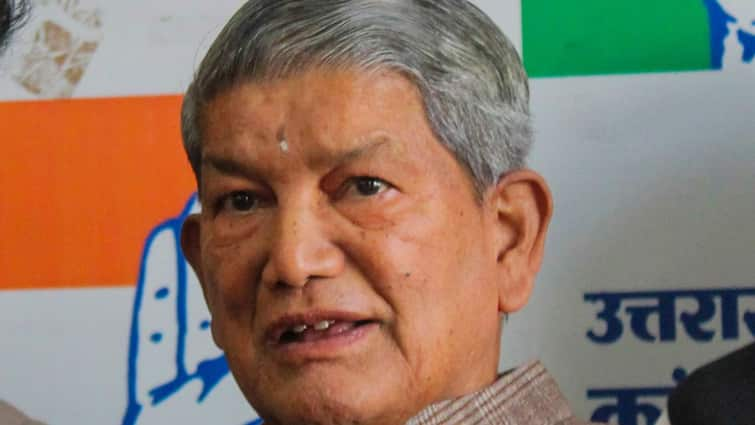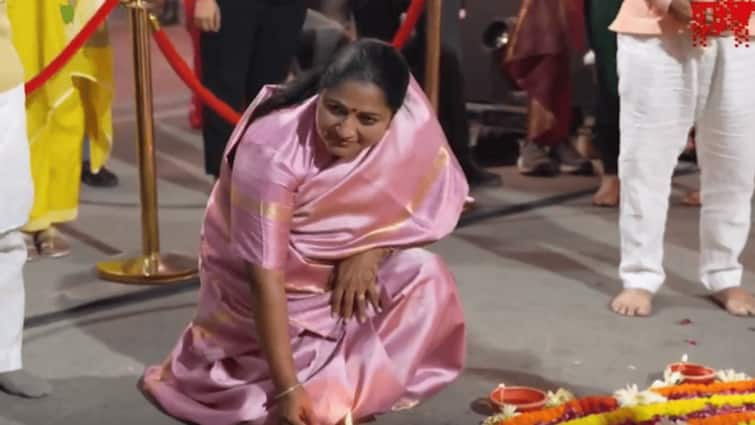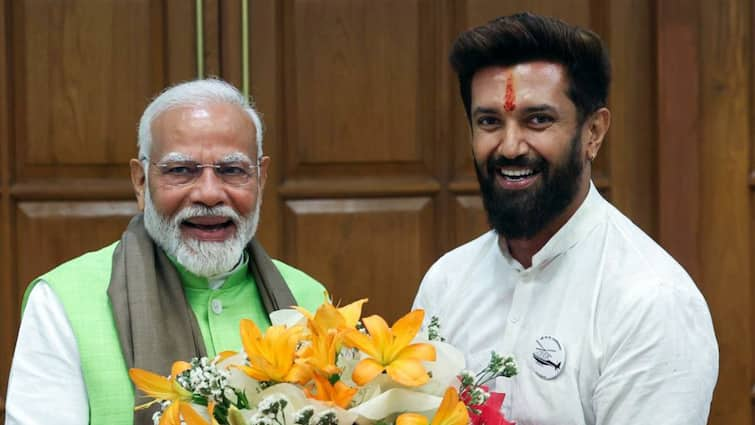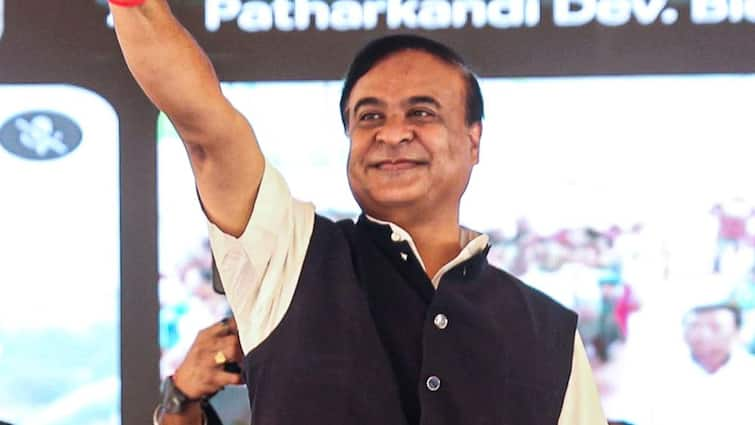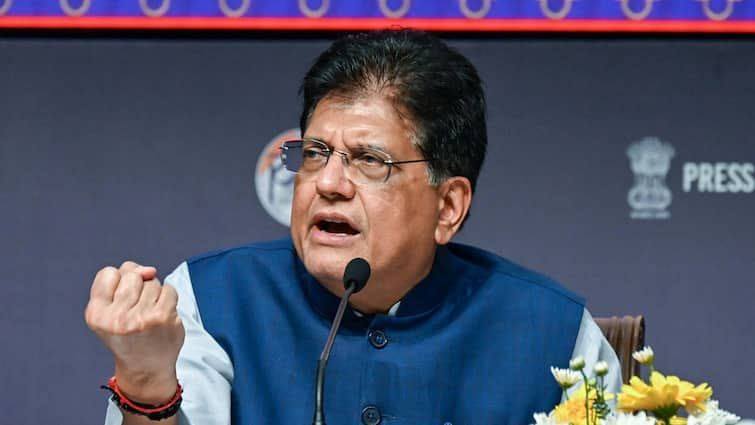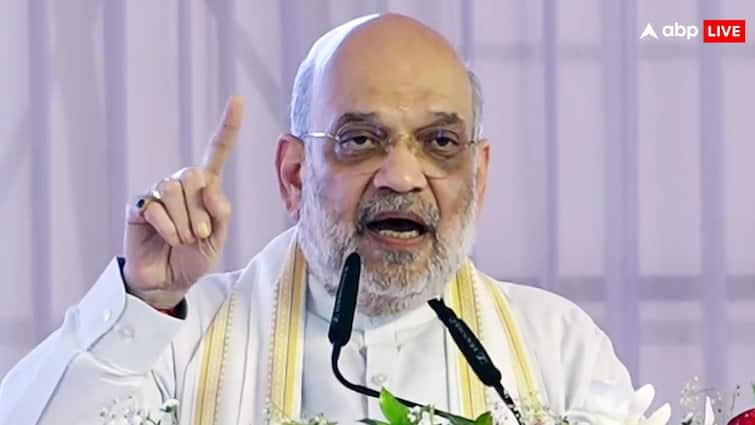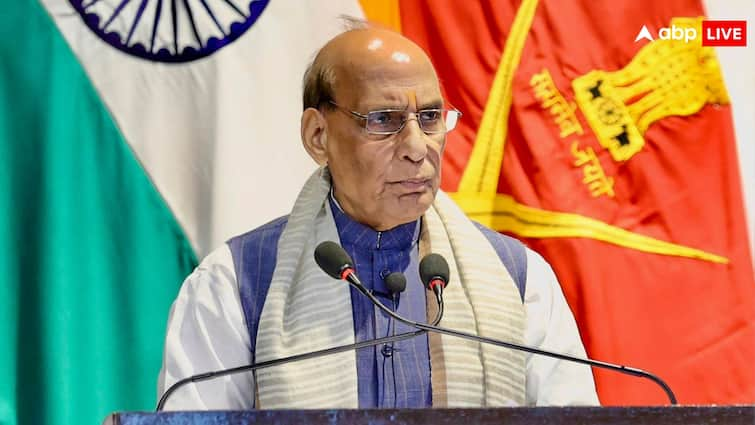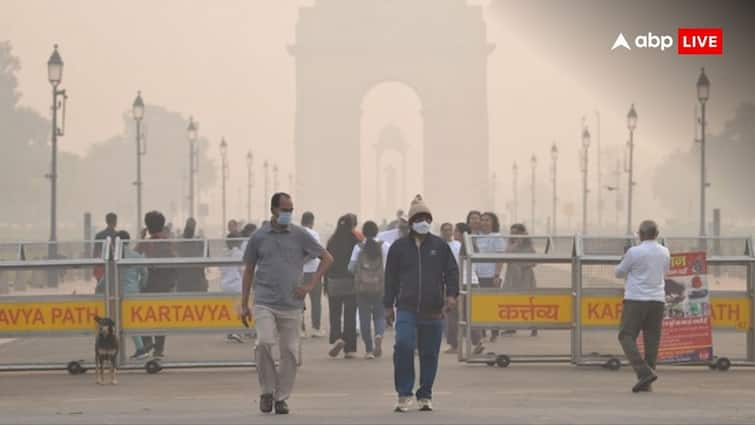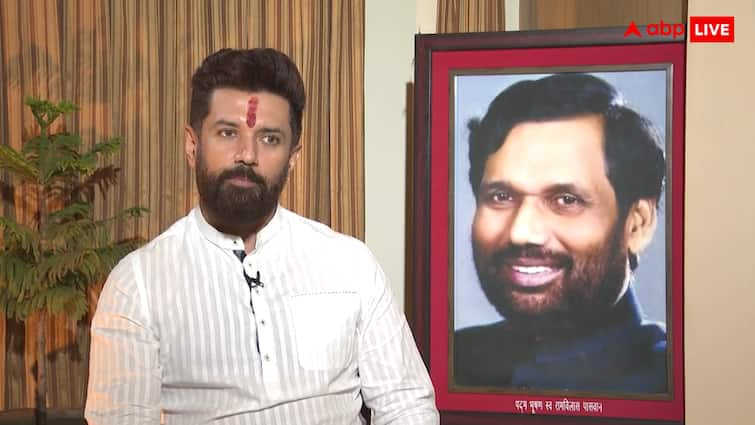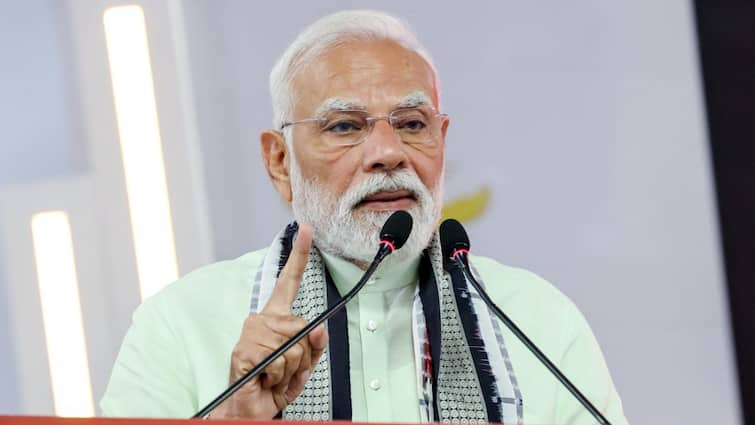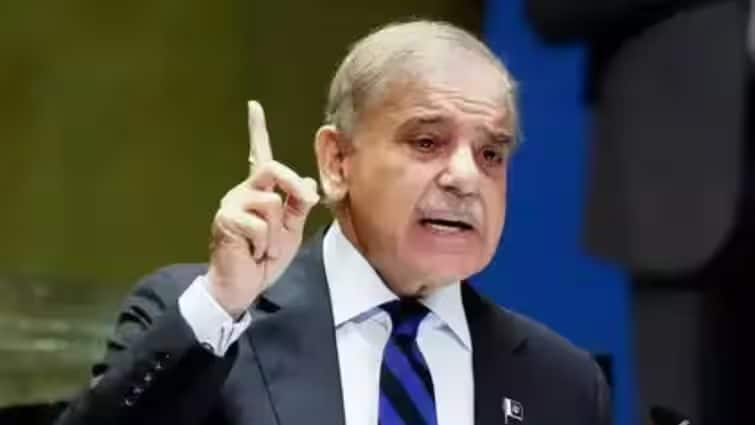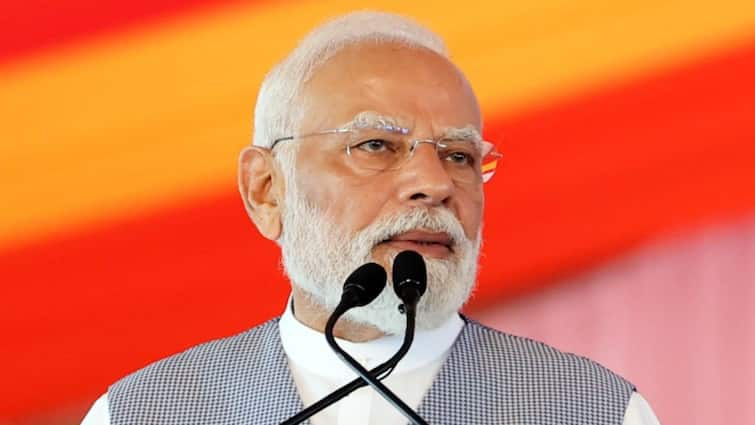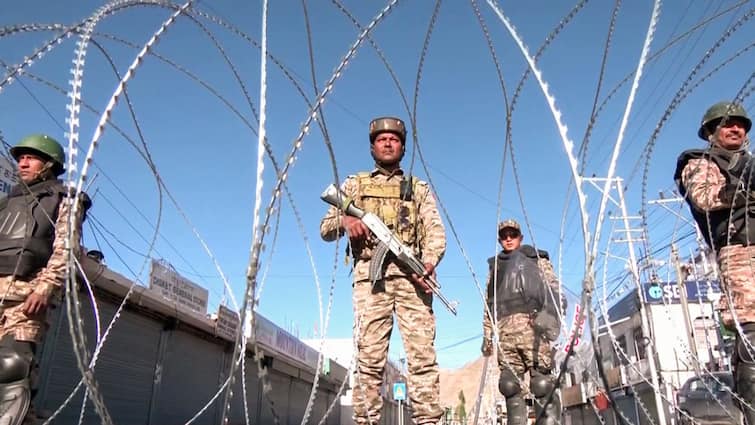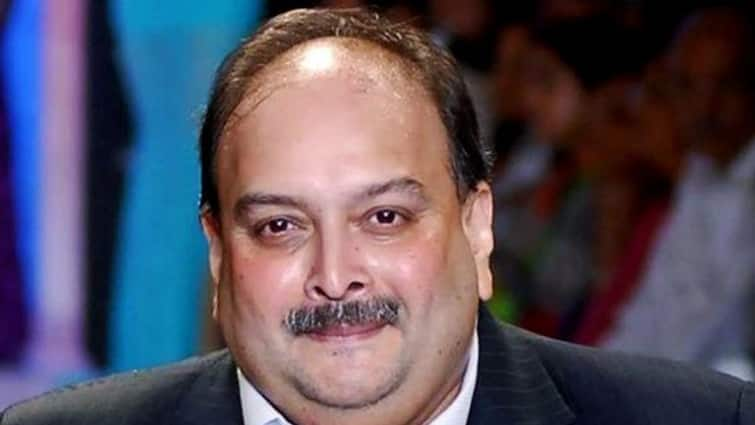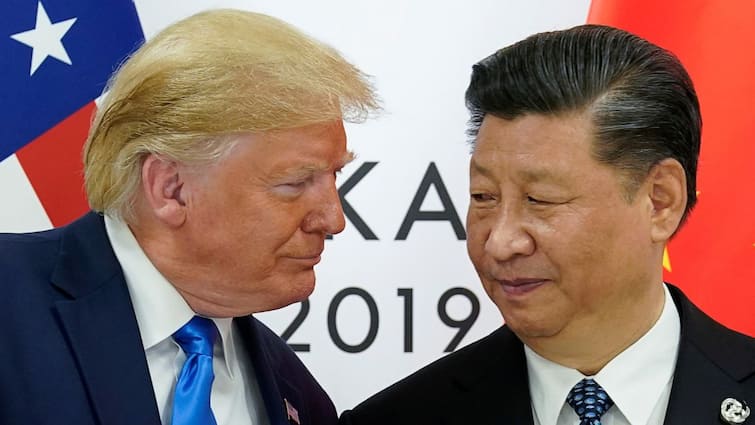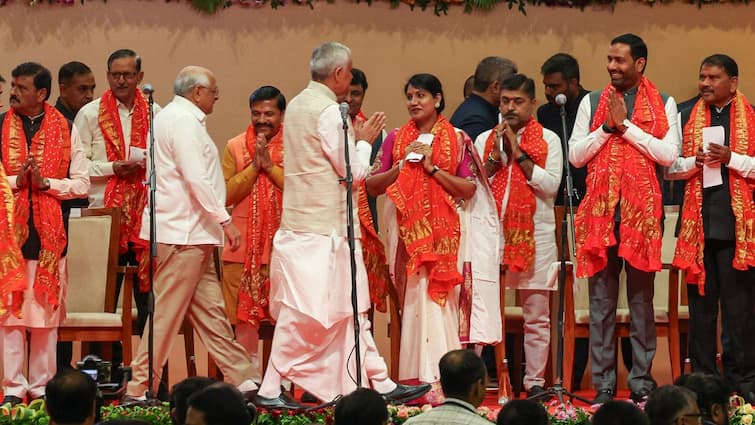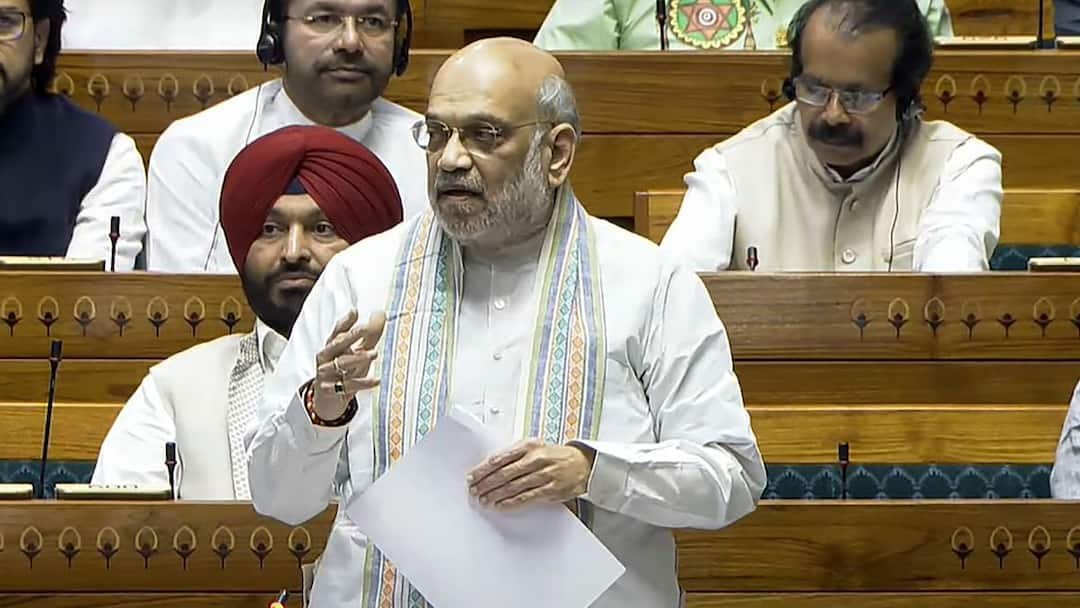
The government is set to introduce a bill in the Lok Sabha aimed at removing the Prime Minister, Union Ministers, Ministers of State, as well as Chief Ministers or Ministers of Union Territories if they are arrested or detained on serious criminal charges, officials said on Saturday.
News Alert! Bill to be introduced in LS for removal of PM or Union Minister or MoS arrested or detained on serious criminal charges, say officials. pic.twitter.com/FWm8rJlaXM
— Press Trust of India (@PTI_News) August 19, 2025
These bills are the Government of Union Territories (Amendment) Bill 2025; the Constitution (One Hundred And Thirtieth Amendment) Bill 2025; and the Jammu and Kashmir Reorganisation (Amendment) Bill 2025, news agency PTI reported.
Union Home Minister Amit Shah will also move a motion in the Lok Sabha to refer these three bills to a joint committee of Parliament.
News Alert! Govt to introduce bill in LS for removal of CM or minister of UT when arrested or detained on serious criminal charges, say officials. pic.twitter.com/ewbIDU7J2I
— Press Trust of India (@PTI_News) August 19, 2025
More details about the major bills are awaited. Notably, last year, a major controversy ensued when former Delhi Chief Minister Arvind Kejriwal had refused to resign even as he was incarcerated due to multiple ED and CBI cases into the Delhi liquor policy. Then BJP, including top leaders like Amit Shah, had slammed Kejriwal for his refusal to quit despite being in jail, labelling it as “shamelessness”.
The move comes at a time when the Opposition bloc INDIA has signalled strong measures against the Election Commission’s top officials if it assumes power.
Immunity, Removal Process for Election Commissioners
As the Opposition pushes for the impeachment of Chief Election Commissioner (CEC) Gyanesh Kumar and threatens similar action against the two Election Commissioners, legal provisions governing their removal are under the spotlight.
Clause 16 of the Chief Election Commissioner and Other Election Commissioners (Appointment, Conditions of Service and Term of Office) Act, 2023, grants them complete immunity for official decisions. The clause states that “no court shall entertain or continue any civil or criminal proceedings against any person who is or was a Chief Election Commissioner or an Election Commissioner for any act, thing or word, committed, done or spoken by him when, or in the course of acting or purporting to act in the discharge of his official duty or function.”
Further, Clause 11(2) of the Act specifies that the CEC cannot be removed except through the same process required for the removal of a Supreme Court judge. Judges of the Supreme Court and High Courts may only be removed by a motion passed by both Houses of Parliament with a two-thirds majority, initiated by either 50 Rajya Sabha MPs or 100 Lok Sabha MPs. The other Election Commissioners, meanwhile, can only be removed if the CEC recommends it.
The legislation also provides an option for voluntary resignation. As per Clause 11(1), the CEC or an Election Commissioner can quit by submitting a written resignation addressed to the President.
Rahul Gandhi’s Threat Against CEC
Adding political heat to the matter, Congress leader Rahul Gandhi has threatened “stern action” against CEC Gyanesh Kumar and the two Election Commissioners if the INDIA bloc comes to power, alleging “vote theft” through the Special Intensive Revision (SIR) of electoral rolls in Bihar.
Gandhi’s warning followed Kumar’s ultimatum to him, demanding a signed affidavit within seven days to substantiate his allegations. The CEC had made it clear that if Gandhi failed to comply, his accusations would be deemed invalid.
Doonited Affiliated: Syndicate News Hunt
This report has been published as part of an auto-generated syndicated wire feed. Except for the headline, the content has not been modified or edited by Doonited







